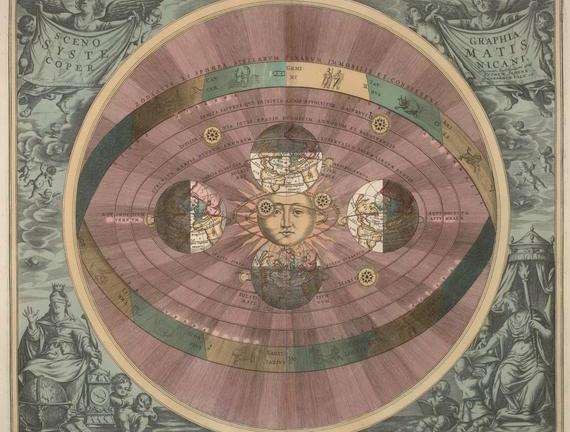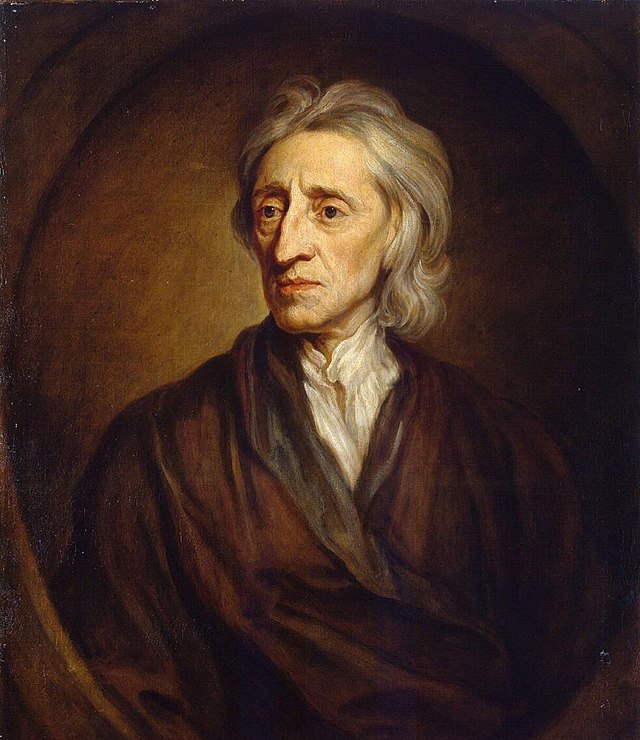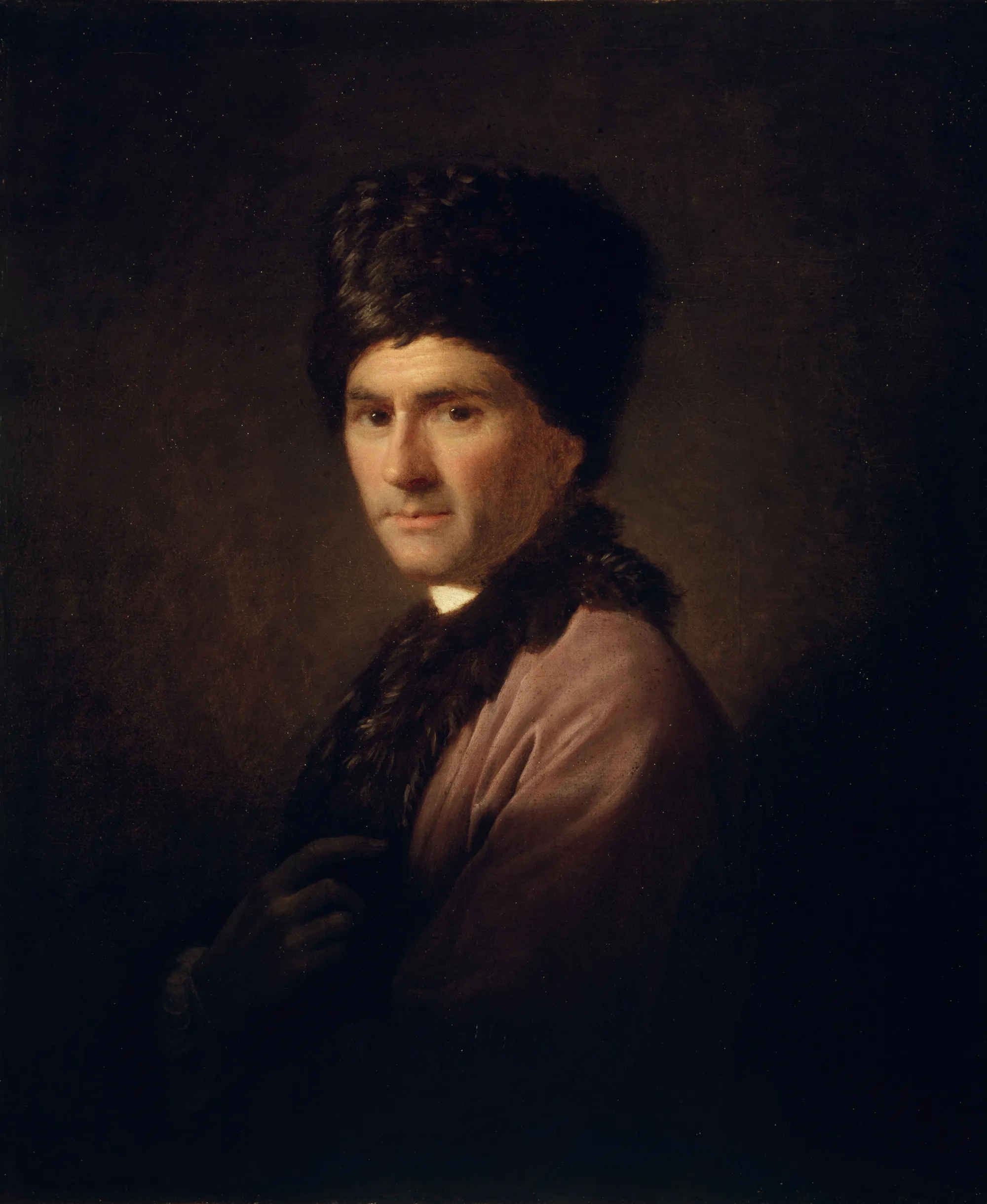 Map of the heliocentric theory
Map of the heliocentric theory
 Voltaire, 1694-1778
Voltaire, 1694-1778
 John Locke, 1632-1704
John Locke, 1632-1704
 Jean-Jacques Rousseau, 1712-1778
Jean-Jacques Rousseau, 1712-1778
The Enlightenment brought about much political, philosophical, economic, and social
change throughout Europe. Motivated by reason and hope in humanity, it led to the
creation of liberal governments and social change. Many philosophers of this period
would continue to influence European society for years after their deaths.
Prelude
The Enlightenment was caused primarily by the Scientific Revolution. The idea that
the world could be explained rationally and through science allowed people to challenge
the existing social order. Copernicus's heliocentric theory, for example, challenged
the Catholic Church during the Scientific Revolution and laid the foundation for
future people to do the same.
The Philosophes
The major thinkers of the time were known as philosophes. Among their number were
prominent figures such as Voltaire, John Locke, Montesquieu, and Jean-Jacques
Rousseau. Voltaire was one of the first to challenge the government; after
visiting England and observing their representative form of government, he
returned to France and began advocating for the same, overthrowing the monarchy.
he was also against the Catholic Church. His satire novel "Candide" criticized the
hypocrisy of politics.
John Locke was one of the first to promote the idea of natural rights. In his "Two
Treatises on Government, he argued that all humans had certain natural rights that
were granted to them on birth. These included life, liberty, and property. Locke's
ideas would inspire the American founding fathers and the Declaration of
Independence.
Rousseau was different from his contemporaries. He promoted emotion over reason,
contrary to other philosophes. He also promoted the social contract, believing that
people are born free but give up their rights in exchange for protection from the
government. He also stated that people have the right to overthrow the government
if they failed to adequately protect them.
 Map of the heliocentric theory
Map of the heliocentric theory
 Voltaire, 1694-1778
Voltaire, 1694-1778
 John Locke, 1632-1704
John Locke, 1632-1704
 Jean-Jacques Rousseau, 1712-1778
Jean-Jacques Rousseau, 1712-1778